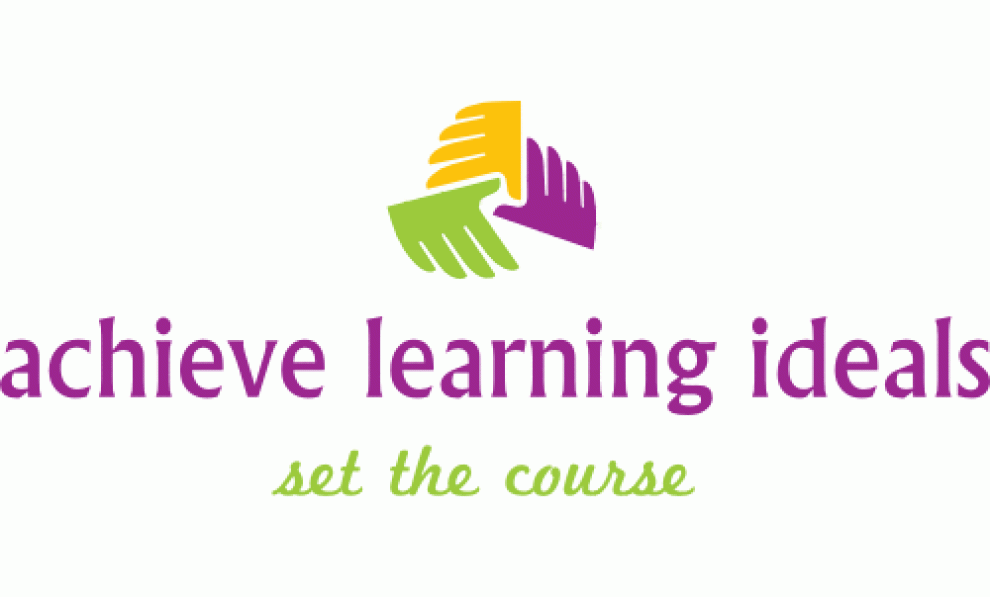Did you know that one of the best places to find material for research projects is in a library? Yes, because I am writing at my computer and you aren’t sitting right beside me, this becomes a rhetorical question, however, I mean it, literally. So many students have shared with me the simple fact that “they hardly ever go” to a library anymore, and I know this affects their ability to discern useful material, select valid websites, and focus their writing within a category. You see, with major search engines doing some of this work for the students, many rely heavily on quick clicks and popular categories to link to fast homework help; physically navigating a library takes time. Getting children comfortable with the space can begin a lifelong appreciation for public spaces; particularly public spaces wherein the individual can find respite, camaraderie, knowledge, and history.
I know with March break looming many families who are not planning on leaving this city will be looking for activities that can be educational and cost efficient. Do consider a trip to the library, and if you have not yet visited Toronto’s Research Library, located just north of Bloor on Yonge street, what a great time to go. It is true, you will not be able to borrow books from this particular location, however the grandeur of the space makes the trip a positive experience. http://www.torontopubliclibrary.ca/detail.jsp?R=LIB018 And if you are not regularly visiting the downtown core, you now have a destination spot from where to continue, while playing tourist.
Another tip I share with students and their families is the Museum and Arts Pass available through various library branches. This is an amazing deal http://torontopubliclibrary.typepad.com/new_to_canada/2010/02/take-a-break-and-visit-torontos-best-museums-for-free.html At my local branch the evening these passes are distributed the lineup for the lottery is three persons thick! Check your local branch for dates and times. http://www.torontopubliclibrary.ca/museum-arts-passes/conditions.jsp
I love hearing feedback from families who report not only did their younger children enjoy the trip to a library or attend a free feature, but that they as parents, had rekindled their interest in returning. For junior and senior high school students libraries are great places to do volunteer work.
http://www.torontopubliclibrary.ca/programs-and-classes/featured/march-break.jsp
One final tip, The Reference Library also has a mini-bookstore, staffed by volunteers. This message today is a Thank You to the thoughtful volunteers who allowed me to quickly enter the store (they weren’t officially open for the day at that moment) and snag some great finds earlier this week. I am always on the lookout for material I can share. And should you have any books (in good condition) that you believe others could use, consider donating them by using the drop box near the store. A great way to recycle while helping the Library raise funds.
